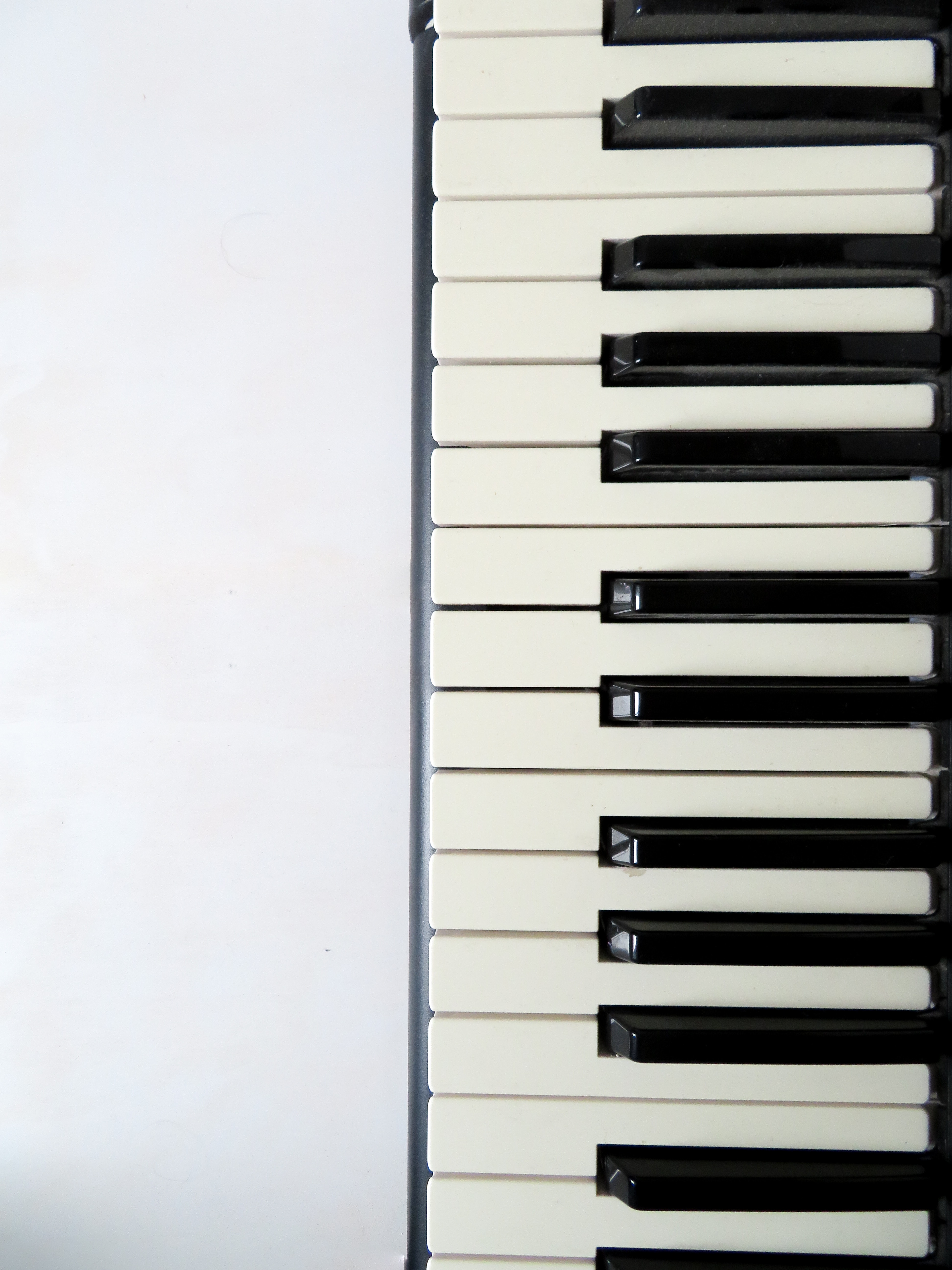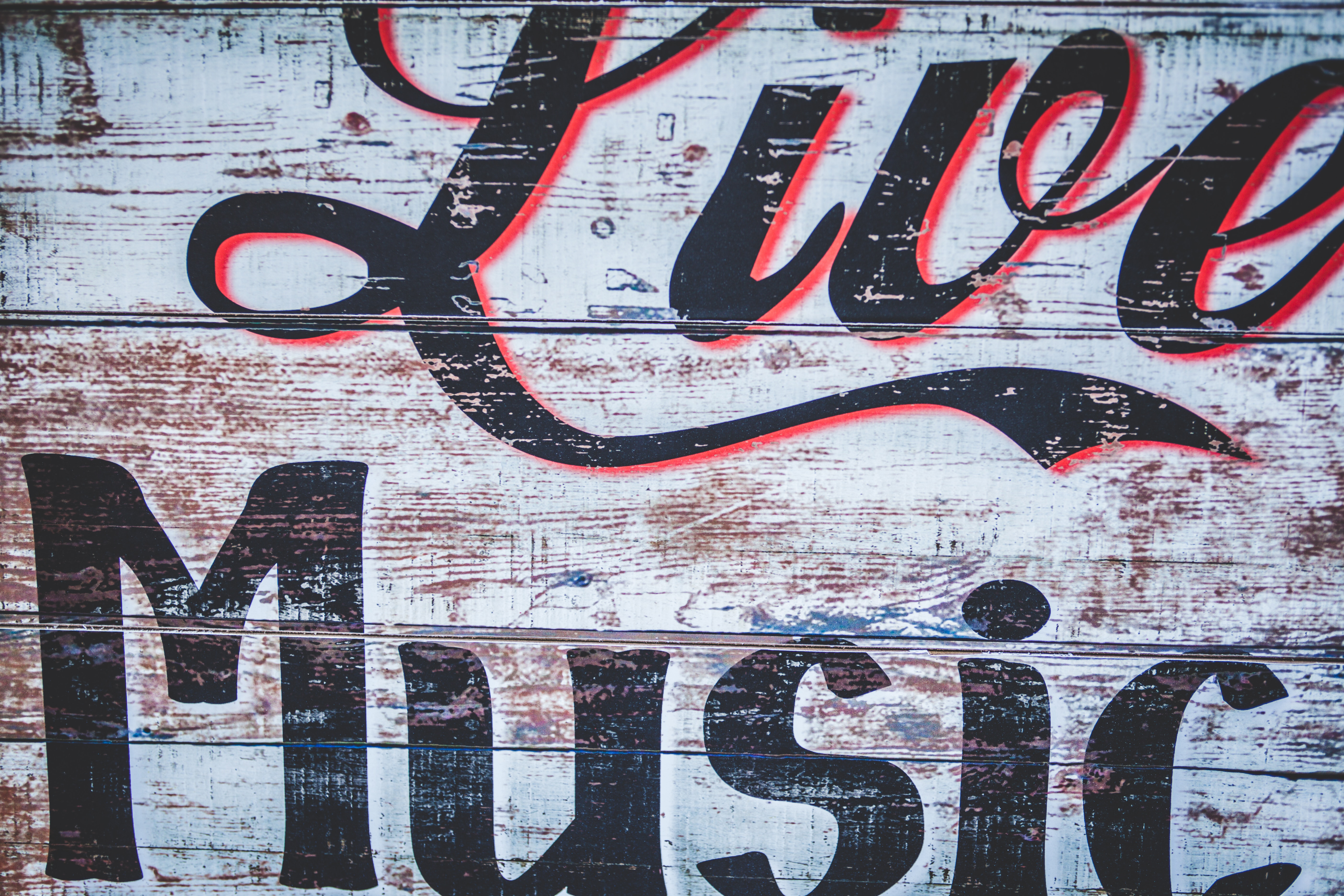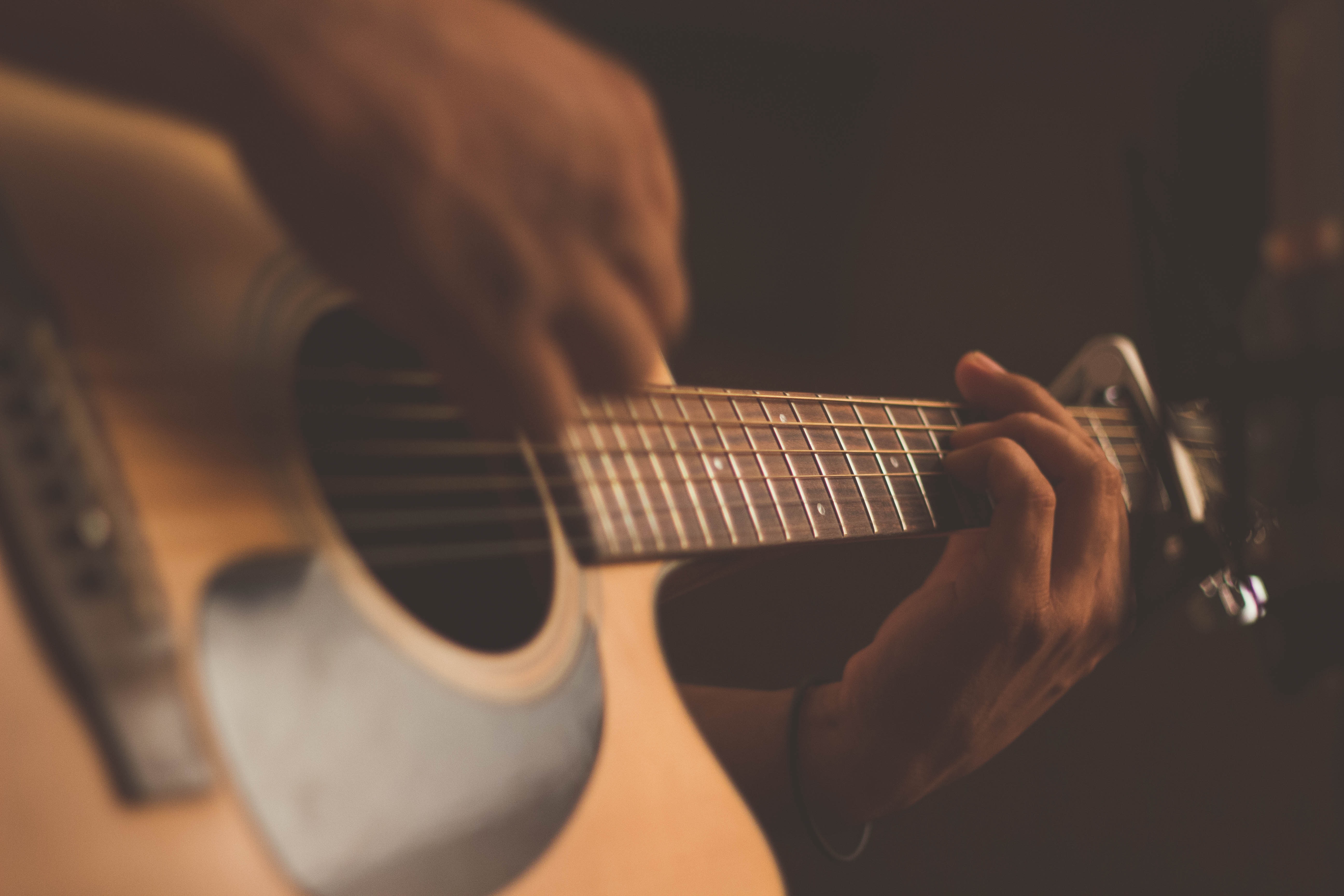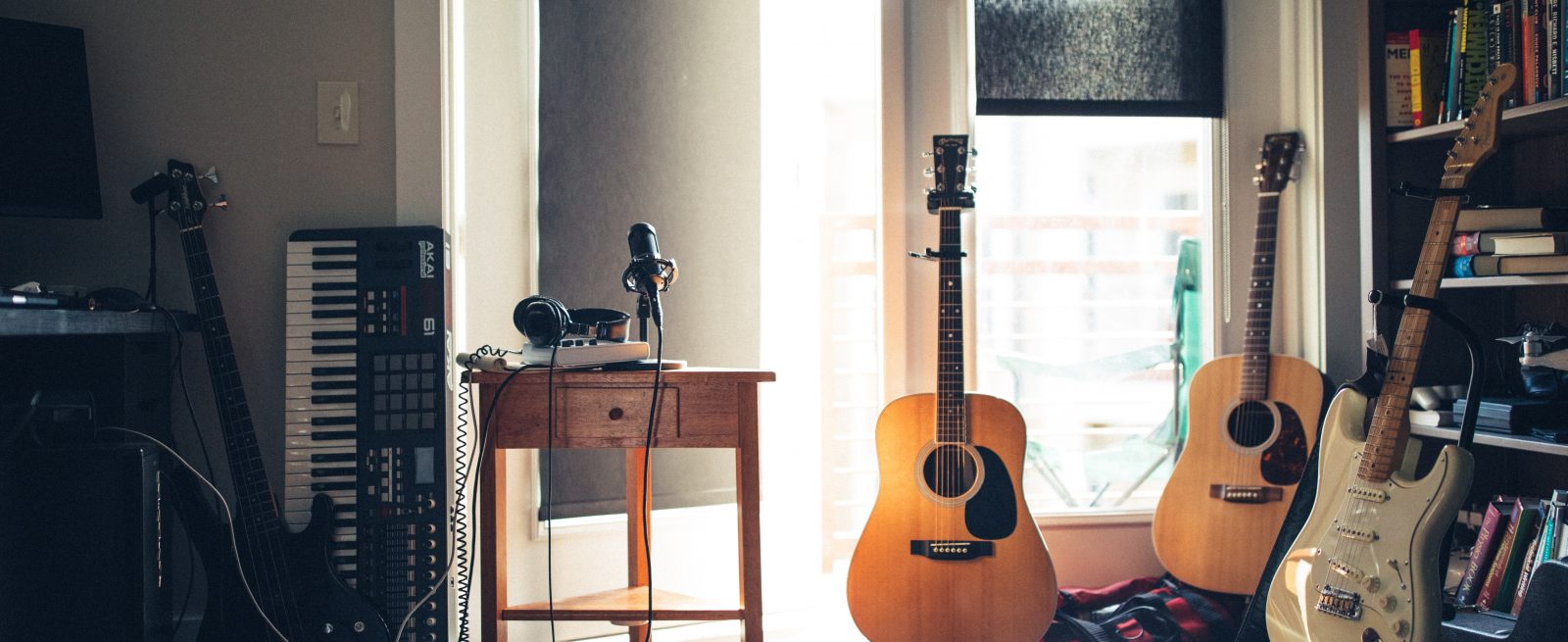MRM EXCLUSIVE: Paying the Piper — Best Practices for Playing Music in Restaurants
3 Min Read By Maribeth Meluch
So, your restaurant wants some mood music…when are you legally required to pay to play?
Music is a large part of most shopping and dining experiences. However, owners of restaurants, bars and other commercial ventures need to be mindful of protections provided to songwriters and artists under federal copyright law in order to ensure they are not infringing on those protections when playing music without payment in a public venue. That includes recorded music supplied through radio, television, satellite, electronic devices or streaming services.
In order to publicly play music created by others, a restaurant or bar must have a license. Generally, songwriters agree to license their music through a licensing entity known as a performing rights organization. The four most prominent performing rights organizations are American Society of Composers (ASCAP), Broadcast Music International (BMI), Society of European Stage Authors and Composers (SESAC) and Global Music Rights (GMR). These agencies charge an annual licensing fee to the restaurant and in turn pay royalties to the songwriter. Each of these entities will hold rights to different music. Therefore, a restaurant will need to sign up with each of these agencies to assure that the music it plays will be covered by a valid license.

Annual fees are based on various factors such as the size of the facility, how much seating is within the establishment, the number of nights music is played and whether it is live or recorded. Although that may seem arbitrary – you have to pay to play. The failure to do so can result in heavy monetary penalties for copyright infringement. Federal copyright law provides for a minimum of $750 per song up to $150,000 per song, plus attorney fees and costs to the infringed songwriter or licensor. Jukeboxes may avoid having to pay the various performing rights organizations by purchasing a single license from the Jukebox Licensing Office (JLO).
These entities aggressively police their rights with clandestine representatives posing as customers that frequent bars and restaurants, taking notes on what songs they hear that may be infringing. They then check to assure the entity is licensed to use it. If not, they will take action to assure the restaurant is held accountable, sometimes in the form of a demand letter, other times through a summon and complaint from the federal court.

Copyright law provides limited exceptions to bars and restaurants so long as the following conditions are met.
- The music is played through radio or television;
- There is no direct charge to hear or see the performance;
- The performance is not transmitted beyond the establishment where it is received; and
- The establishment is under 3,750 gross square feet. Gross square footage includes all interior and exterior space used to serve customers, including kitchen space, bathroom and storage space, but excluding the parking lot (unless it is used for something other than customer parking).
This exception also exists for restaurants and bars that exceed 3,750 gross square feet, with one additional limitation – there can be no more than six speakers total and no more than four speakers in one room. Establishments may augment with audio visual equipment consisting of a total of four televisions, so long as none are larger than 55 inches on the diagonal and there is only one television per room.

For live performances, a license is not needed if the live music being performed is original. However, it is ultimately the business that is liable to pay the licensing agency as it is benefitting from the performance. A restaurant owner cannot rely on the performer promising to obtain the license.
Be careful of plugging in a personal iPod to any audio equipment for the purpose of providing music as a song purchased for personal use does not necessarily carry a license for commercial use.
For ease of mind and pocketbook, background music can be obtained through a service that includes the performing rights licensing fees for ASCAP, BMI and SESAC in its monthly service charge. However, make sure your restaurant purchases the business, not the consumer, version.

Lastly, music created before 1922 generally won’t need a license as the copyright has expired and it is now within the public domain.
There are a variety of copyright laws that many restaurant owners may not know but should be made aware of in order to avoid potential copyright infringement. Consulting an attorney to ensure the restaurant’s entertainment policy is compliant with copyright protections is a good practice. That way, the next time your restaurant plays a hit song, you can rest assured that you are entitled to play it.


